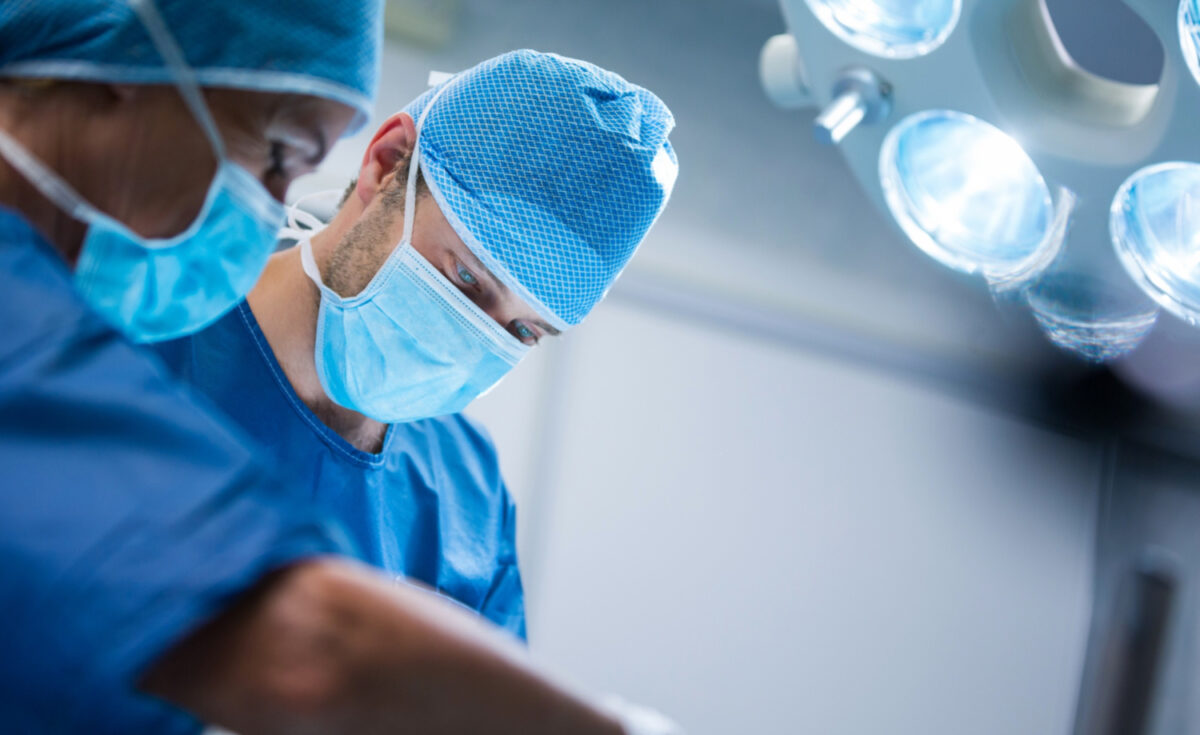Orthognathic Surgery Can Deliver Life Changing Results
Orthognathic surgery is sometimes referred to as corrective jaw surgery. It is performed by an oral and maxillofacial surgeon in collaboration with an orthodontist. At Moira Wong Orthodontics our team includes Mr Piet Haers, one of the UK’s leading orthognathic surgeons working with consultant trained orthodontist, Dr Moira Wong. Dr Wong’s specialist training included a two-and-a-half year period largely dedicated to managing complicated adult cases.
Orthognathic surgery comes into its own with problems that cannot be easily treated by braces. It can be used to deal with congenital conditions including cleft palate, problems with malocclusion, (where there is misalignment as the jaw closes often caused by accidents), TMJ disorders (linked to the joint of the jaw) and other conditions of the jaw and face related to structure, growth and skeletal disharmonies.
The surgery usually takes place under general anaesthetic. Typically it will involves bones being cut and re-aligned, then held in place with either screws or plates. Stainless steel wires are used during the surgery to ensure the correct re-positioning of the jaw. The wires are usually removed at the end of the surgery although occasionally they can be left in place for a period of time afterwards.
Addressing your concerns
The idea of orthognathic surgery can be a bit scary! But there are surprisingly few complications and the team here at Moira Wong Orthodontics is probably the best in the country.
The two biggest concerns that patients generally have are psychological factors related to the change of their appearance and fear of pain! Modern technology allows some of the psychological factors to be addressed as computer planning allows highly accurate preoperative planning and is an invaluable aid in providing comprehensive patient education. With regard to pain, for some patients this can be minimal due to minor nerve damage and lack of feeling. We also prescribe pain medication and prophylactic antibiotics for most patients. There may be swelling around the jaw area, and in some cases bruising. Most of the swelling will disappear in the first few weeks, but some may remain for a while longer.
What Happens After the Surgery?
Post-operative care is as important as the surgery itself. After orthognathic surgery, we often start patients with an all-liquid diet. Over time, soft food is introduced, and then hard food and a normal diet when we are satisfied that the patient is ready for it. Diet is very important after the surgery, to accelerate the healing process. Weight loss due to lack of appetite and the liquid diet can be an issue, but should be avoided if possible.
At first we look to see post-operative patients for check-ups fairly frequently, to ensure the healing process is normal, that there are no infections and to make sure all aspects of the surgery have been successful. The frequency of visits then decreases over time. Normal recovery time can range from a few weeks for minor work, to up to a year for more complicated surgery.
Fantastic Results
At Moira Wong Orthodontics we combine what is probably the best orthognathic surgery team in the UK with the latest cutting edge equipment and resources. We even have access to world leading bone regeneration technology for those patients that jaw need it. This combination of expertise and great facilities means we achieve the best possible results. We understand how best to combine surgical jaw correction with orthodontics, to deliver results which are often quite literally life-changing. Contact us now to find out how you could benefit.

